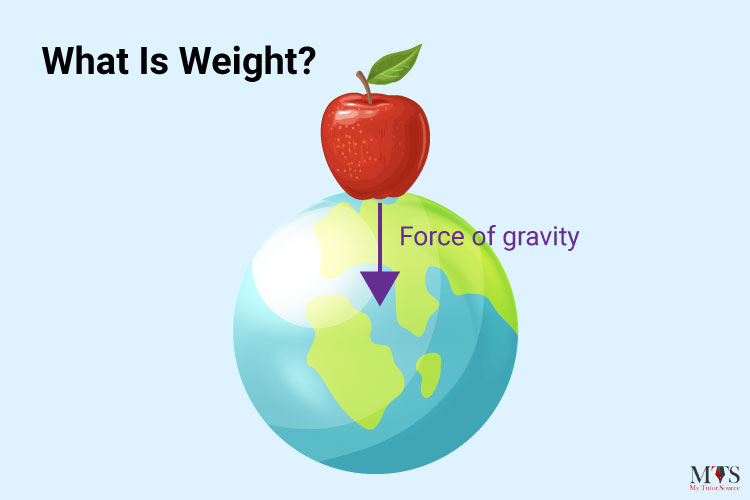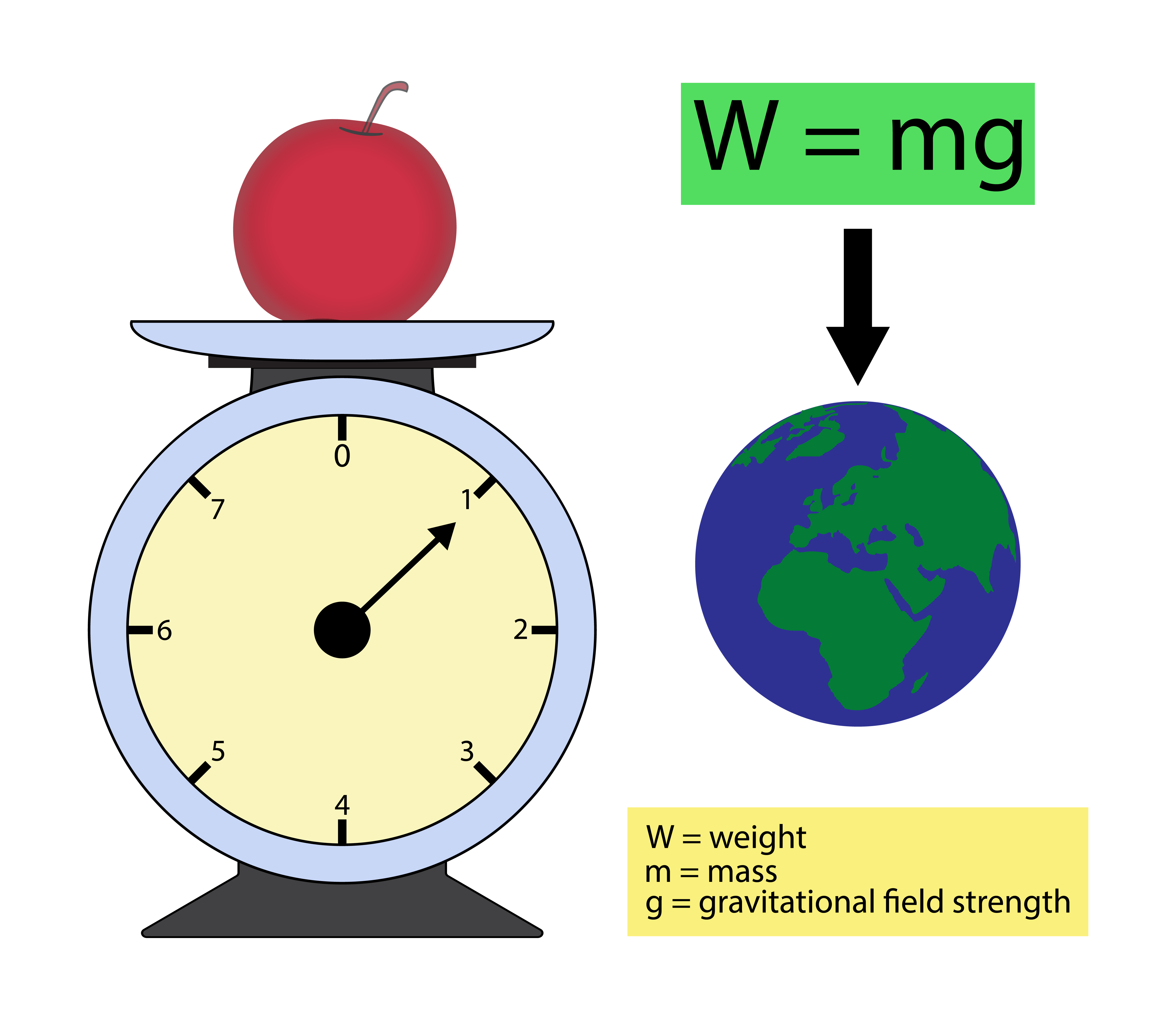Have you ever wondered about the actual weight of that gallon of water you carry, perhaps for your daily hydration goals or a cooking project? It might seem like a simple question, yet the answer holds a few interesting twists. Knowing the precise weight of 1 gallon of water can be quite useful, whether you are trying to stay hydrated, planning a recipe, or even figuring out how much a container will hold. This is something that, you know, comes up more often than you might think in daily life, especially when you are trying to be accurate with things.
The weight of water, you see, is not always a fixed number, which is that, a bit surprising to some people. It shifts depending on a few key elements, like its temperature and how pure it is. For most everyday situations, we have a good average figure to work with, but for more exact needs, those small differences can actually matter. We will explore what makes a gallon of water weigh what it does, and why these small changes occur.
This discussion will clear up some common ideas and give you the real facts about the weight of 1 gallon of water. We will also touch on how measurements vary in different parts of the world, which is something that causes a lot of confusion, you know. By the end, you will have a solid grasp of this fundamental measurement, helping you with all sorts of practical tasks.
- University Of North Carolina Greensboro
- Unveiling The Truth Ke Ajia Williams Obituary Cause And Its Impact
- Detroit Metro Airport Detroit Mi
- Witness The Groening Family Reunion Abe Luna Margaret Meet Matts Children
- Cobb County Library Georgia
Table of Contents
- The Core Question: How Much Does a US Gallon of Water Weigh?
- Why Does the Weight Change? Factors at Play
- US Gallon vs. Imperial Gallon: A Big Difference
- Practical Applications: Why Knowing This Matters
- Dispelling Common Ideas About Water Weight
- Frequently Asked Questions About Gallon Weight
- Conclusion
The Core Question: How Much Does a US Gallon of Water Weigh?
The Standard Measurement
When we talk about the weight of 1 gallon of water, we are usually thinking about the US gallon. This is the unit commonly used in the United States, and it is distinct from other measurement systems. My text tells us that one US gallon of water weighs around 8.33 pounds at room temperature, which is a good figure to keep in mind. It is, you know, a very typical measurement that many people rely on for daily tasks. At a slightly cooler temperature, specifically 62°F (or 17°C), a US gallon of water weighs about 8.34 pounds. This tiny difference is due to water's density changing with its warmth, which is actually quite interesting.
A Quick Look at Kilograms
For those who prefer the metric system, it is good to know the weight in kilograms too. My text mentions that a US gallon of water weighs about 3.78 kilograms at room temperature. This is the equivalent of the 8.33 or 8.34 pounds we just discussed. So, whether you are thinking in pounds or kilograms, the numbers tell the same story about the mass of this volume of water. It is, in some respects, just two ways of expressing the same amount, which makes it easier for people all over the world to communicate.
Why Does the Weight Change? Factors at Play
You might find it a bit surprising that the weight of a gallon of water is not always precisely the same. My text explains that the actual weight of a gallon of water will differ based on several factors. These factors influence water's density, and density, you see, is what determines its weight for a given volume. It is like how a fluffy pillow weighs less than a brick of the same size, because the brick is much more dense. Water, too, has these subtle changes in its internal make-up.
- Big Cedar Lodge Missouri
- Ray Stevenson Height Weight Net Worth Age And Birthday A Detailed Profile
- How To Craft A Compelling Jillian Babyteeth4 Bio Age Height Single Nationality
- San Francisco Federal Credit Union
- Unveiling Tyler The Creators Height How Tall Is Tyler
Temperature's Influence
Temperature is a big player in how much water weighs. As my text points out, the precise weight of water varies according to its level of density, which in turn is affected by temperature. When water gets warmer, its molecules spread out a bit, making it less dense. This means a gallon of warmer water will weigh slightly less than a gallon of colder water. The opposite happens when water cools down; it becomes more dense and a gallon will weigh a little more. For example, my text notes a US gallon weighs 8.34 lbs at 62 °F (17 °C), which is a common room temperature. This is why, you know, scientists often specify the temperature when giving water's density.
Purity Matters
The cleanliness of the water also has an effect on its weight. Pure water, like distilled water, has a very specific density. But if water contains other things, like minerals, salts, or impurities, its density changes. For instance, saltwater is denser than fresh water because of the dissolved salts. This means a gallon of ocean water would weigh more than a gallon of tap water. My text indicates that the level of purity is one of the things that impacts the weight of water per gallon. It is, you know, a very real consideration for precise measurements.
Atmospheric Pressure's Subtle Role
While less noticeable in everyday situations, atmospheric pressure also plays a part in the weight of water. My text mentions that the weight of water per gallon depends on atmospheric pressure. At higher pressures, water can become slightly denser, and at lower pressures, it can be a tiny bit less dense. This effect is usually very small for typical home uses, but for scientific or industrial purposes where extreme accuracy is needed, it is a factor that gets considered. It is, in a way, a subtle force that works on everything around us.
US Gallon vs. Imperial Gallon: A Big Difference
One common source of confusion when discussing the weight of a gallon of water is the difference between the US gallon and the Imperial gallon. These are not the same size, and therefore, they hold different amounts of water, leading to different weights. My text clearly states that this calculator uses United States customary units which are different from the Imperial units used in the United Kingdom. This distinction is, you know, very important to avoid mix-ups, especially if you are using recipes or instructions from another country.
Understanding the Imperial Gallon
The Imperial gallon, which is used in the United Kingdom and some other Commonwealth nations, is a larger volume than the US gallon. My text explains that an Imperial gallon (UK) weighs 10.022 lbs, or 4.546 kg, at its most dense temperature. This is a significantly heavier amount compared to the US gallon. So, if someone in the UK tells you they drank a gallon of water, they actually consumed more than someone in the US drinking a gallon. It is, you know, a pretty big difference when you look at the numbers.
Why the Discrepancy?
The reason for this difference goes back to historical measurement standards. Both units originated from older English measures, but they evolved differently. The US gallon is based on the wine gallon, while the Imperial gallon is based on the ale gallon. Over time, these standards became formalized in different ways. This means that while both are called "gallons," they represent different volumes of liquid. This is why, you know, it is always a good idea to clarify which type of gallon is being discussed when precision matters.
Practical Applications: Why Knowing This Matters
Understanding the weight of 1 gallon of water goes beyond just satisfying curiosity. This knowledge has practical uses in many parts of our daily routines and various projects. My text highlights that this figure is crucial for anyone who works with liquids or needs to calculate volumes. It is, you know, something that can genuinely help you plan things out more accurately.
For Fitness and Hydration
Many people set hydration goals, aiming to drink a certain number of gallons of water each day. Knowing the weight of a gallon helps you visualize the amount of liquid you are consuming. If you carry a gallon jug for your workouts, you are actually carrying over 8 pounds of water, plus the weight of the container. This can be, you know, a pretty good workout in itself, especially if you are moving around a lot. It also helps you appreciate the volume you are putting into your body.
Cooking and Recipes
In cooking and baking, especially for larger batches, knowing the weight of water can be very helpful. While many recipes use volume measurements like cups or gallons, sometimes converting to weight can be more accurate, particularly for scientific cooking or large-scale food preparation. My text says that to calculate the weight of water per gallon, you multiply the volume of water in gallons by the weight of one gallon of water, which is approximately 8.34 pounds. This is, you know, a very straightforward way to make sure your ingredients are precise.
Home Projects and Calculations
From gardening to home repairs, knowing water's weight can be quite useful. If you are filling a large container, a pool, or even just a bucket, understanding how much that water will weigh helps you figure out if the container or the structure can handle the load. For example, if you are setting up a small above-ground pool, knowing that each gallon adds over 8 pounds helps you estimate the total weight on your deck or patio. This can, you know, prevent potential problems and ensure safety. You can find more details about fluid measurements here.
Dispelling Common Ideas About Water Weight
There are a few common ideas floating around about how much water weighs, and it is good to clear them up. One idea is that a gallon of water always weighs exactly 8 pounds, no matter what. My text, however, clarifies that a US gallon of water weighs approximately 8.34 pounds, or 3.78 kilograms. So, it is a bit more than 8 pounds. This slight difference, you know, can add up when you are dealing with many gallons.
Another thought is that gallons are a measure of weight. My text points out that gallons are a measure of volume rather than weight. This is an important distinction. A gallon is how much space something takes up, not how heavy it is. While we can figure out the weight of a gallon of water, the gallon itself is a volume unit. This is, you know, a fundamental concept in measurements.
Finally, some people might not realize that the type of gallon matters. As we have discussed, a US gallon is different from an Imperial gallon. An Imperial gallon weighs considerably more, at about 10.022 pounds. So, if you hear someone say "a gallon," it is worth asking which kind of gallon they mean, especially if you are comparing information from different regions. This distinction is, in fact, quite important for accuracy.
Frequently Asked Questions About Gallon Weight
Does a gallon of water weigh exactly 8 pounds?
Not quite. My text indicates that a US gallon of water weighs approximately 8.34 pounds (3.78 kilograms) at room temperature, which is typically around 62°F (17°C). So, it is a little bit more than 8 pounds. This figure is, you know, a very common and useful average for most situations.
Why does the weight of water vary?
The weight of a gallon of water can change due to several factors that affect its density. My text explains that these factors include the water's temperature, its level of purity, and even the atmospheric pressure. For instance, colder, purer water tends to be a bit denser and therefore slightly heavier per gallon. These variations are, you know, quite subtle but real.
How much does an imperial gallon of water weigh?
An Imperial gallon, which is used in places like the United Kingdom, weighs more than a US gallon. My text states that an Imperial gallon (UK) weighs about 10.022 pounds (4.546 kilograms) at its most dense temperature. This is a considerably larger volume and weight compared to the US gallon. It is, you know, a pretty significant difference to keep in mind.
Conclusion
Understanding the weight of 1 gallon of water is more involved than it might first appear, yet it is quite straightforward once you know the key facts. For most everyday needs, remembering that a US gallon of water is around 8.34 pounds (or 3.78 kilograms) at room temperature will serve you well. However, recognizing that factors like temperature, purity, and even the specific type of gallon (US versus Imperial) can cause variations is also very helpful. This knowledge allows for more precise planning in various activities, from simply staying hydrated to tackling more complex home projects. It is, you know, a piece of information that truly helps in many practical ways. For more detailed scientific information on water's properties, you might consult resources like the U.S. Geological Survey Water Science School. Learn more about water measurements on our site.
Related Resources:



Detail Author:
- Name : Marques Casper
- Username : henry.wisoky
- Email : delmer11@yahoo.com
- Birthdate : 1982-08-23
- Address : 86254 Percy Stravenue Letitiaside, MO 53076-0548
- Phone : 806-504-2856
- Company : Keeling-Boehm
- Job : Dentist
- Bio : Et voluptates minus alias ab aut culpa. Quo itaque quia eius est. Ratione id veritatis fugit accusantium vitae voluptatem.
Socials
facebook:
- url : https://facebook.com/kayden5452
- username : kayden5452
- bio : Dolor suscipit dolorum quod sit perspiciatis culpa.
- followers : 5318
- following : 1337
twitter:
- url : https://twitter.com/kaydenmayert
- username : kaydenmayert
- bio : Qui repellat autem libero labore sed qui. Voluptatem quia veritatis occaecati qui vero. Quam deleniti harum dolores nesciunt dolor.
- followers : 6402
- following : 1635